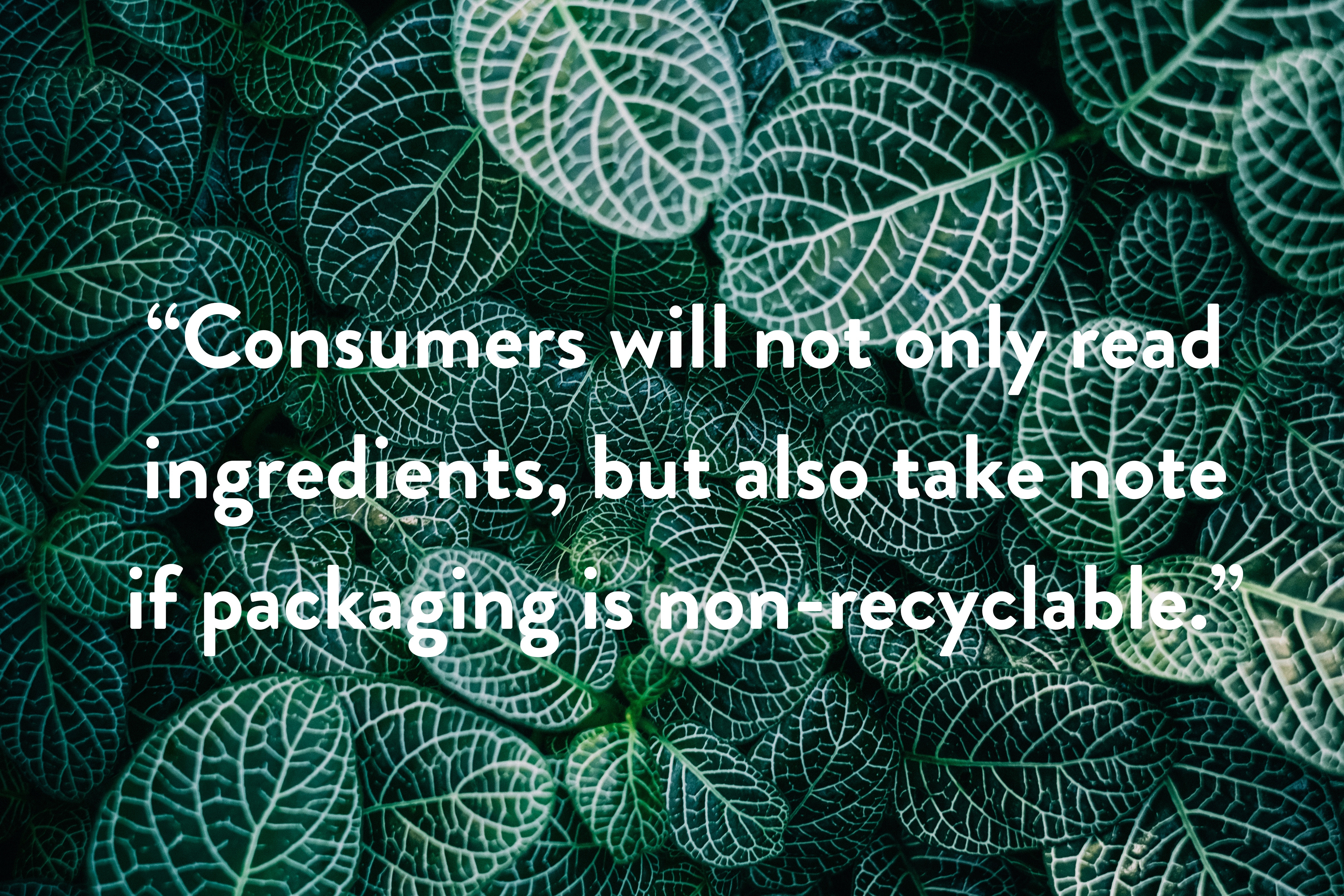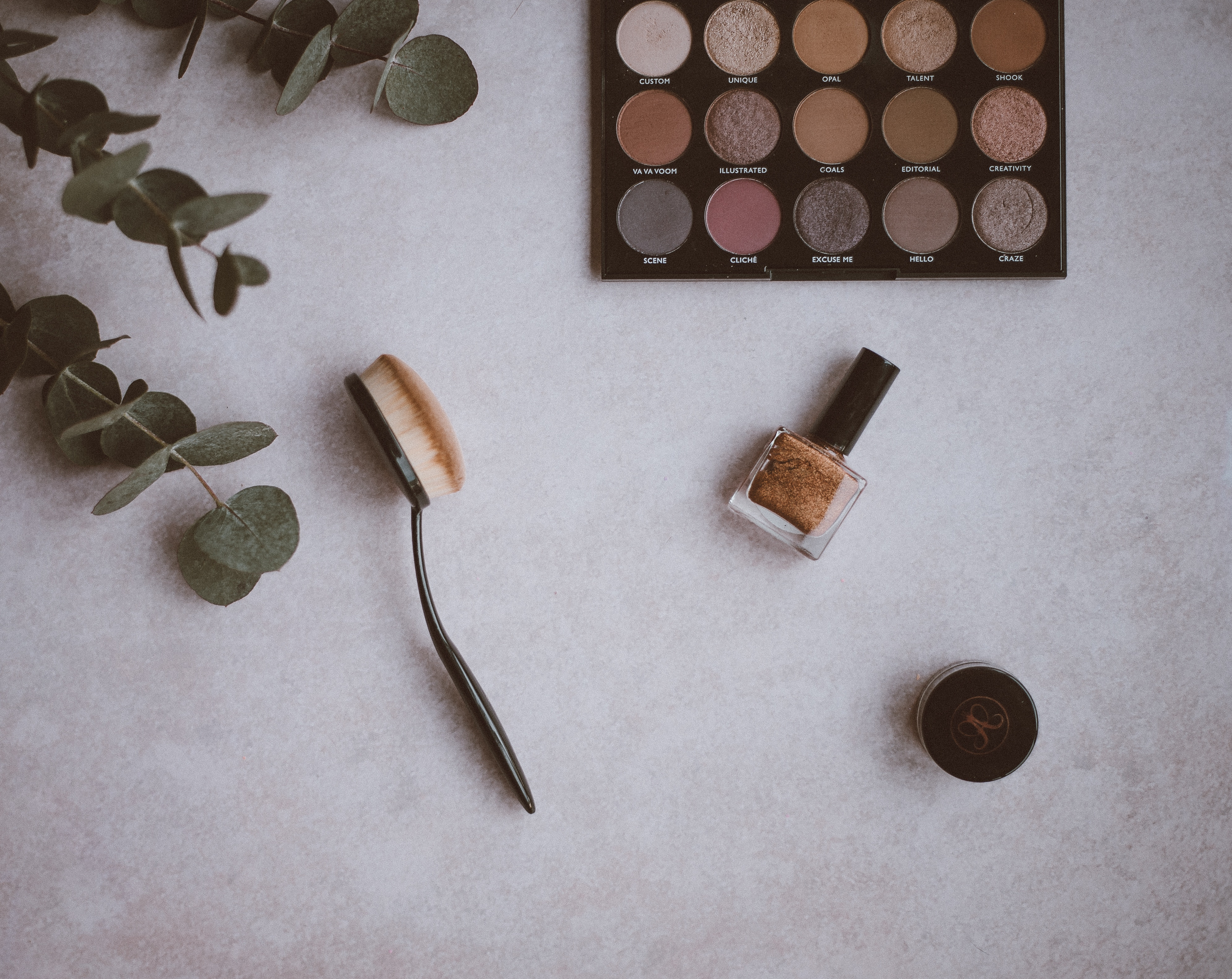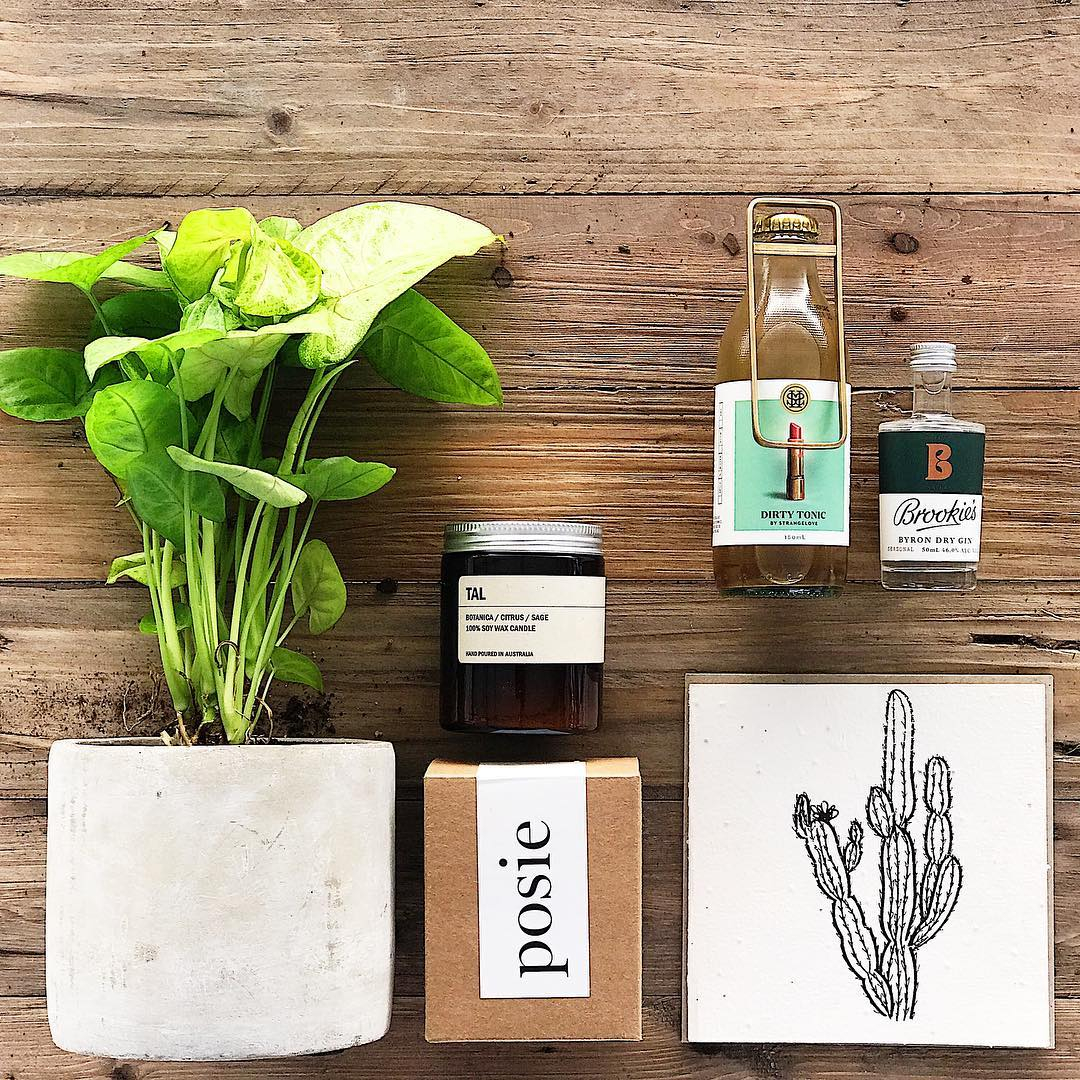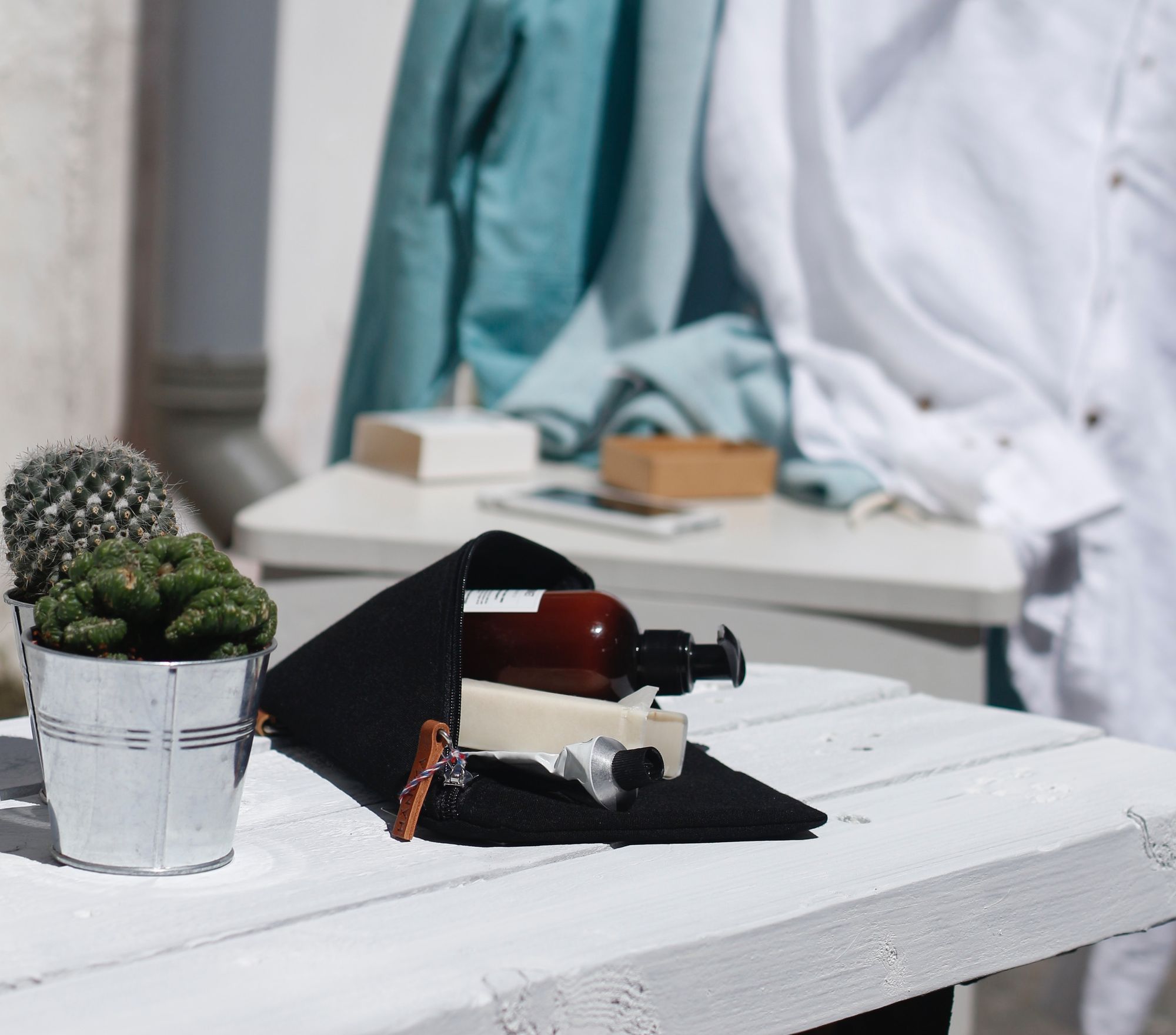Perhaps you’ve noticed that recently the beauty industry has been turning a healthy shade of green. The business of environmentally friendly, natural skincare and beauty products is booming, with the global organic beauty market forecasted to reach $22 billion by 2024.
“Natural”, “Organic” and “Eco-friendly” are certainly buzzwords of the moment, and the growth of more conscious consumers has meant one thing for the the beauty and skincare marketplace: evolution.

The increase in popularity of sustainable skin and beauty products has seen brands adopting more natural ingredients, such as avocado, almond, and coconut, as well as honey and other natural goods. At the same time, consumers are becoming more educated, and will not only read ingredients, but also take note if packaging is non-recyclable. Furthermore with social media stripping the barriers between companies and consumers, they are far more likely to call companies out on unsustainable practices.
Mintel Data reports that a significant number of consumers are moved to tell other when they see a brand perform ethically, fairly, and responsibly. In fact, 29% of those surveyed used social media to share their support of ethical companies.
One of the big steps forward on this issue is The Environmental Working Group not-for-profit launch of the EWG Verified label, which certifies skin and beauty products as being free from chemicals of concern. It’s quickly becoming apparent that companies within the beauty industry need to become proactive to win over consumers.

While the popularity of non-toxic ingredients has risen quite rapidly, eco-friendly packaging has lagged a little further behind. According to the Environmental Protection Agency, each year packaging such as wrappers, tubes, and boxes makes up one quarter of all landfill waste. One of the reasons the beauty and skincare industry has been slow on the uptake is the nature of the products being sold. Packaging fragile items properly can be challenging to start with, without factoring in sustainability. Skin and beauty items also need to be stored safely to prolong shelf life, particularly those going out to retail stores.
However, we are now starting to see this market pick up the pace, with more companies, particularly boutique businesses, adopting sustainable customized wrapping paper and packaging. Kjaer Weis is one of the bigger beauty lines forging the way; founded by veteran make-up artist Kirsten Kjaer Weis, all the products in the cosmetics line are not only Certified Natural or Organic, but also come in refillable packaging.

L’Occitane is another well-known brand paving the way in sustainable customized packaging, only using renewable resources, or those that are sourced from sustainably managed forests. The number of companies who have stopped using outer packaging where possible is also on the rise, reducing the weight of primary packaging to create less waste.
Beauty has long been a billion dollar business, but when such a lucrative market begins to drive a socially responsible message, others industries follow. Here’s to helping to save the earth, one skincare product at a time.

